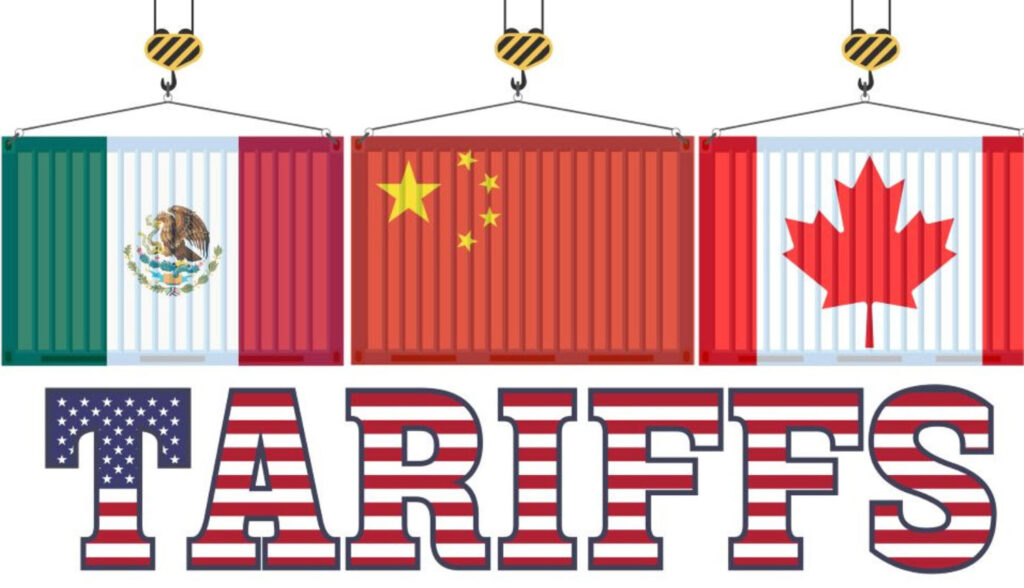Blog
Essential reading from leading researchers and scholars on the latest trends and topics relevant to global supply chain management.

MS in Supply Chain Management Course Highlights: Exploring Distribution, Logistics, and Networks
Explore UT's MS in Supply Chain Management program, including key courses, skills learned, and potential career paths for future supply chain leaders.

UT Supply Chain Management in Top Three for Empirical Research Nationwide
This marks the 11th straight year UT's department has placed in the top five of The SCM Journal List annual research ranking.

Everything You Need to Know from the Spring 2025 Supply Chain Forum
From April 8–10, the Global Supply Chain Institute and the Department of Supply Chain Management welcomed hundreds of business professionals, industry leaders, and top students to the University of Tennessee, Knoxville for learning, networking, and recruiting opportunities.

Economics Expert Marianne Wanamaker Talks Tariffs, Labor at UT Supply Chain Forum
An authority on economic policy, labor markets, and workforce development, Marianne Wanamaker served as the chief domestic economist and senior labor economist on the White House Council of Economic Advisers during the first Trump administration. At the Spring 2025 Supply Chain Forum, she provided a rare, behind-the-scenes glimpse into economic policymaking at the highest levels of U.S. government.

UT Alums Share Successful Onboarding Experiences at Supply Chain Forum
With graduates from UT's supply chain management programs in high demand, companies must do what they need to attract and retain these talented professionals. Fittingly, a panel of recent graduates at partner companies Clayton Homes, Kimberly-Clark, Procter & Gamble, and ExxonMobil, joined Cole Burns for an in-depth discussion about onboarding young alumni at the Spring 2025 Supply Chain Forum.

Supply Chain Program Immersion: What To Expect from Your On-Campus Experience
Discover how UT Knoxville’s MS SCM Online program in-person immersions enhance practical skills and networking for supply chain professionals.

What is Sustainable Sourcing in Supply Chain Management?
Explore sustainable sourcing in supply chain management, focusing on eco-friendly practices, ethical standards, and strategies to enhance environmental and social responsibility.

IANA Awards UT Funds to Support Supply Chain Management Students
The Intermodal Association of North America will allocate $90,000 in academic awards to Haslam’s Department of Supply Chain Management from 2025 to 2027.

UT and IAMPE Enter into Agreement to Benefit Supply Chain Management Education
The International Association of Maritime Port Executives will offer professional certifications to qualifying students in UT’s supply chain programs.

GSCI’s Tom Goldsby Weighs Effects of a Trade War on Supply Chains
A new challenge for global supply chains has emerged with the recent election of President Donald Trump, who has made tariffs on imported goods a central focus of his second administration. An expert with the Global Supply Chain Institute shares his perspective on the potential affects.